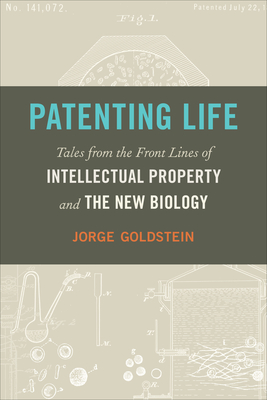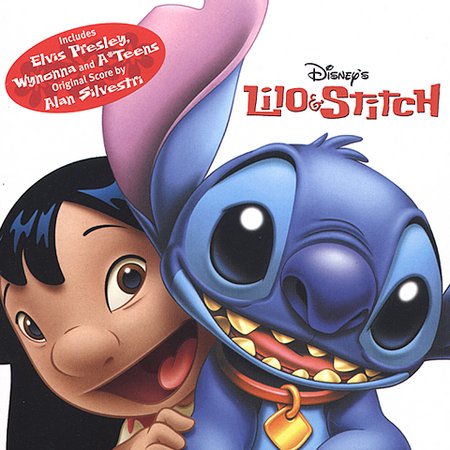
Goldstein, Jorge
The story of the commercialization of biology by a pioneer in biotechnology patenting
Shortly after the emergence of genetic engineering in the 1970s, academic biologists were courted by venture capitalists and multinational companies. Researchers who understood the new biology of the time went from being merely curious about how the natural world functioned to realizing that they could profit from their newfound recognition. As they were inventing all sorts of newfangled organisms, biologists became acquainted with intellectual property.
Patenting Life provides insights into legal fights over patented microbes, virus-resistant crops, ownership of body parts, and the patents they engendered. Covering the early days of recombinant DNA science to the present, Goldstein shares cases from his own career and those of others involving blockbuster biological drugs, aseptic mosquitoes, genetically engineered cows, and CRISPR, the modern gene-editing technology that promises to vanquish congenital diseases such as sickle cell anemia. He also addresses the perceived downsides of the patent system: the high prices of drugs, international access to COVID-19 vaccines and other medicines, and the ascent of genetically modified crops.
Patenting Life will appeal to readers interested in science and technology and also those interested in laws promoting innovation.






